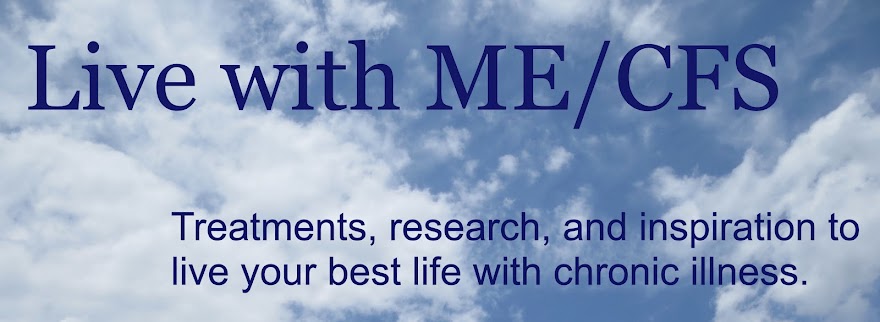 |
Copyright: ruigsantos / 123RF Stock
Photo
In the Facebook group I started for parents of kids with ME/CFS and related illnesses, there have been a lot of discussions recently about helping our kids get better quality sleep. The good news is that researchers have found out quite a bit about the sleep dysfunction in ME/CFS, and - even better! - there are ways to actually correct it at its root cause (not sedatives but ways to correct the hormonal problems that lead directly to sleep dysfunction). Correcting sleep dysfunction is extremely important because if your body isn't getting deep Stage 3 & 4 sleep (as is true for us without treatment), then everything else is going to be worse, especially immune dysfunction, endocrine dysfunction, and autonomic nervous system dysfunction - it is all connected together.This blog post I wrote back in 2009, Treating ME/CFS Sleep Dysfunction, is still the best and most accurate information I have about sleep dysfunction. It explains WHY our sleep is messed up, exactly what is wrong with it (hint: sleep studies and sleep specialists rarely help), and how to correct it. These approaches have worked wonderfully for my son and I for about 12 years now - we both get normal, refreshing sleep (including deep sleep) every night for 9-11 hours and wake up feeling good and ready for a new day. Note that, like all treatments for ME/CFS, finding exactly the right treatment for sleep dysfunction for each person usually takes some trial and error because we are all different. The kind of meds (again, not sedatives) that work well for my son and I (low-dose TCAs) don't work for a small minority of people due to a genetic defect that prevents them from metabolizing TCAs - if you have your genetic data, you can check for that or you can try them and see. The best approach is to use the two articles I link to in that post (the chart is especially helpful) and to work with your doctor to try different things until you find what works best for you - always start with super-low doses.
That is the primary way to correct sleep dysfunction, but treating other aspects of ME/CFS will usually have a positive effect on improving sleep (though for us, we still need the meds to correct sleep dysfunction.
In particular, treating Orthostatic Intolerance can help prevent random bouts of tachycardia (racing heart beat) during the night that disrupt sleep, so that will help somewhat but won't completely correct your sleep dysfunction. Specifically, though all OI treatments have the potential to help sleep a bit, taking low-dose 24-hour (extended release) beta blockers at bedtime can reduce or eliminate those bouts of tachycardia during the night...and, bonus! you wake up in the morning feeling good and ready to be active.
Treating Immune System Dysfunction can also improve sleep somewhat, since immune dysfunction is at the heart of this disease and is behind the endocrine dysfunction that causes the sleep dysfunction (yeah, we have a LOT of dysfunctions). It's a vicious cycle, so improving one aspect of this illness almost always improves others.
Finally, when you have ME/CFS, you should ignore some of the classic sleep advice that you will get from doctors and even so-called sleep specialists - they usually don't understand our specific type of sleep dysfunction. In particular, I cringe when I hear that a doctor told an ME/CFS patient NOT to take daytime naps and to force him or herself to stay awake during the day. This is terrible advice for someone with ME/CFS because the more exhausted we get, the more dysfunctional our sleep will be. When we get over-tired like that, we end up "wired and tired" and even less able to get a good night's sleep. So, instead of listening to the so-called experts, you need to Listen to Your Body and focus on what helps you to feel best. As most of us have learned the hard way, pushing past our limits only makes us sicker. Also, proactive rest is usually very helpful - where you rest before you feel wiped out in order to to try prevent that complete crash. For me, this means a an afternoon nap every single day, as I explain in this post, How My Daily Nap Saves Me.
Hope all that helps you to improve your sleep and correct your sleep dysfunction - it makes every other aspect of the disease better!
Sweet Dreams!

2 comments:
Sleep problems are certainly very detrimental to life and health overall, so this is a fantastic post. Must admit I hadn't heard of Orthostatic Intolerance before either so I've learned something new. Great post!
Caz x
Glad you found it helpful!
And learning about and treating OI can be life-changing for most ME/CFS patients! OI is behind most of our symptoms and treating it often brings dramatic improvement, allowing you to be active again without crashing. Share the info on OI (especially Dr. Rowe's article, linked to in the OI post) with your doctor and look into diagnosing and treating your own OI.
Good luck!
Post a Comment